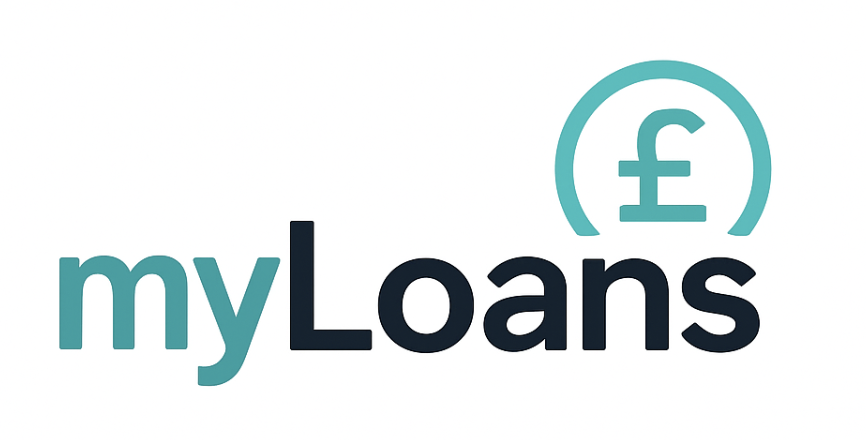What Are Short Term Loans?
Short term loans provide fast access to cash for urgent financial needs. They usually have repayment terms ranging from a few weeks to a few months, and loan amounts typically start at £100 up to £1,500.
Because of their speed and convenience, interest rates are higher than traditional bank loans. That’s why the Financial Conduct Authority (FCA) regulates costs, with caps on daily interest and repayment charges.
See also: Payday Loans UK – Pros, Cons & Safer Options.
Key Features of Short Term Loans
-
Fast approval and direct funding into your bank account
-
Short repayment terms, often tied to your next payday or within 3 months
-
Higher interest rates than long-term loans
-
Best used for emergencies, not long-term borrowing
👉 For impartial guidance, see Citizens Advice – Borrowing Money.
How Do Short Term Loans Work?
-
Apply online – provide personal, financial, and employment details
-
Get a decision – many lenders respond within hours
-
Receive funds – same-day transfer possible with direct lenders
-
Repay on time – either in one lump sum or via instalments
See our guide: How to Choose an Emergency Loan Lender.
Types of Short Term Loans
Payday Loans
Repayable on your next payday, usually with high interest. The FCA caps charges to protect borrowers.
👉 See our guide: Understanding No Refusal Payday Loans UK.
Instalment Loans
Repayable over several months, offering more flexibility than payday loans.
👉 See also: Tips for Managing Payday Loans Effectively.
Other Options
-
Cash advances – quick cash against credit lines, often high cost
-
Title loans – secured against your car, with repossession risk
See also: Understanding the True Cost of Cash Advances.
Who Can Apply for Short Term Loans?
Eligibility varies by lender, but typically includes:
-
Age 18+ (legal UK credit requirement)
-
Proof of income (payslips or bank statements)
-
Valid ID and proof of address
Some lenders offer bad credit short term loans, but these come with higher costs. Always check the FCA Register before applying.
👉 Explore: Understanding Payday Loan Eligibility Requirements.
Direct Lenders vs. Brokers
-
Direct Lenders – fund loans themselves, faster approvals, direct communication
-
Brokers – compare multiple lenders, may charge fees or take commission
Quick tip: Always confirm lenders and brokers are FCA-authorised.
Short Term Loans for Bad Credit
Some lenders specialise in short term loans for poor credit, focusing more on affordability than score. Options include:
-
Direct lenders for bad credit
-
No credit check loans (high risk – see Citizens Advice)
-
Instalment loans with longer repayment schedules
👉 Related guide: Bad Credit Loans UK – Complete Borrowing Guide.
Costs, Fees, and Interest Rates
-
Interest rates – capped by the FCA to prevent excessive costs
-
Additional fees – late payments, application fees, or early repayment penalties
-
Repayment terms – short windows make careful budgeting essential
👉 See also: Understanding the Risks of Payday Loans.
Pros and Cons of Short Term Loans
Benefits
-
Same-day or next-day funding
-
Simple applications, often online
-
Useful for emergencies
Drawbacks
-
High interest compared to mainstream loans
-
Short repayment terms can be tough on cash flow
-
Risk of debt if repayments are missed
See our related guide: Alternatives to Quick Cash Loans Explained.
Tips for Choosing the Best Lender
-
Check lender reputation (reviews, ratings)
-
Ensure transparent fees and no hidden costs
-
Confirm authorisation via the FCA Register
-
Evaluate customer service responsiveness
👉 Explore: Everyday Loans – Are They Right for You?.
Responsible Borrowing
-
Borrow only what you need
-
Understand the total repayment cost
-
Plan repayments before applying
-
Choose FCA-authorised lenders
For debt advice and support, see:
👉 For more options, see our full guide: Alternatives to High Acceptance Payday Loans Explained.
How to Get Approved for Short Term Loans in the UK
Getting approved for a loan isn’t always straightforward, especially when it comes to short term borrowing. Many lenders require affordability checks, credit history reviews, and proof of income before making a decision. If you’re applying for a short term loan in the...
Short Term Loans Bad Credit UK: What You Need to Know
When money is tight, having a poor credit history can make borrowing feel impossible. Many people turn to short term loans for bad credit UK as a quick fix, but while these products are widely advertised, they are not always the safest choice. This guide explains how...
Payday Loans vs Short Term Loans UK: What’s the Difference?
When you’re faced with urgent expenses, it’s easy to feel overwhelmed by the different borrowing options available. In the UK, many people search for payday loans vs short term loans UK, but these two products are not the same. They differ in repayment terms, costs,...
Alternatives to Short Term Loans in the UK | Safer Borrowing Options
Looking for alternatives to short term loans UK? While payday loans and other high-cost credit can provide fast cash, they are often expensive and risky if repayments are missed. The good news is that UK borrowers have safer and more affordable options. From credit...
Navigating Short-Term Loans in the UK: Types, Eligibility & Smart Uses
Types, Eligibility & Smart Uses Looking for clear, trustworthy information on short term loans in the UK? You’re not alone. This comprehensive guide explains the types of short term loans, eligibility criteria, FCA regulations, and the smartest ways to use (or...
Comparing Short Term Loans: Key Factors
Comparing Short Term Loans: Key FactorsIntroduction Short term loans are a common borrowing option in the UK, designed to provide fast access to cash for people dealing with unexpected bills, emergencies, or short gaps in income. With many lenders competing for...
Short Term Loans: What You Need to Know
Short Term Loans in the UK: A Complete GuideWhen you need money quickly, short term loans can seem like a solution. They are designed for borrowing small amounts over weeks or months, often from a direct lender. But with high costs and strict rules, it’s important to...
Tips for Securing Short Term Loans Easily
Tips for Securing Short Term Loans EasilyShort-term loans are financial tools designed to help individuals access quick cash for urgent needs. Unlike long-term loans, they have shorter repayment periods, usually ranging from a few...









